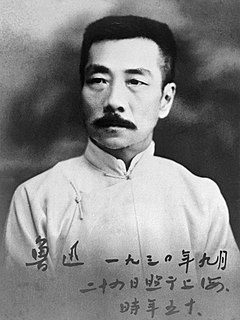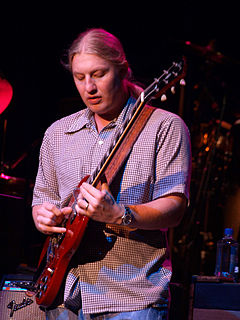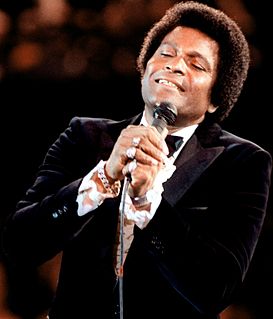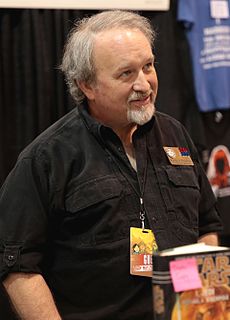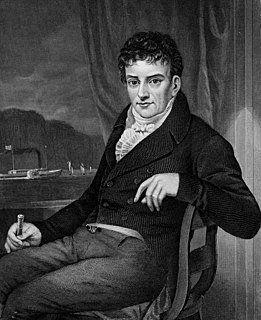A Quote by Lu Xun
All who have read a few old books have picked up the old tactics of considering every new idea a 'heresy' which must be rooted out.
Related Quotes
Whoever lives for poetry must read everything. How often has the light of a new idea sprung for me from a simple brochure! When one allows himself to be animated by new images, he discovers iridescence in the images of old books. Poetic ages unite in a living memory. The new age awakens the old. The old age comes to live again in the new. Poetry is never as unified as when it diversifies.
Nearly all literature, in one sense, is made up of guide-books. Old ones tell us the ways our fathers went, through the thoroughfares and courts of old; but how few of those former places can their posterity trace, amid avenues of modern erections; to how few is the old guide-book now a clew! Every age makes its own guide-books, and the old ones are used for waste paper.
I doubt if I shall ever have time to read the book again -- there are too many new ones coming out all the time which I want to read. Yet an old book has something for me which no new book can ever have -- for at every reading the memories and atmosphere of other readings come back and I am reading old years as well as an old book.
A lot of the gear came out of some of the old studios here in New York City. We picked up a lot of old microphones, reverb tanks, tape machines, so yeah, we try to record the old way, which takes more time and energy, but it certainly feels better when you're getting to the end of the process of making a record.
You have read very good books, I am sure; there is an excellent book however, that never grows old; it is the one that God has written on every plant, on every grain of sand, in yourself; it is the book of Divine love. Give, therefore, your preference to that beautiful book and add to it a few pages of admiration and gratefulness. Read and understand all other books in the light of this one.
As the component parts of all new machines may be said to be old[,] it is a nice discriminating judgment, which discovers that a particular arrangement will produce a new and desired effect. ... Therefore, the mechanic should sit down among levers, screws, wedges, wheels, etc. like a poet among the letters of the alphabet, considering them as the exhibition of his thoughts; in which a new arrangement transmits a new idea to the world.
